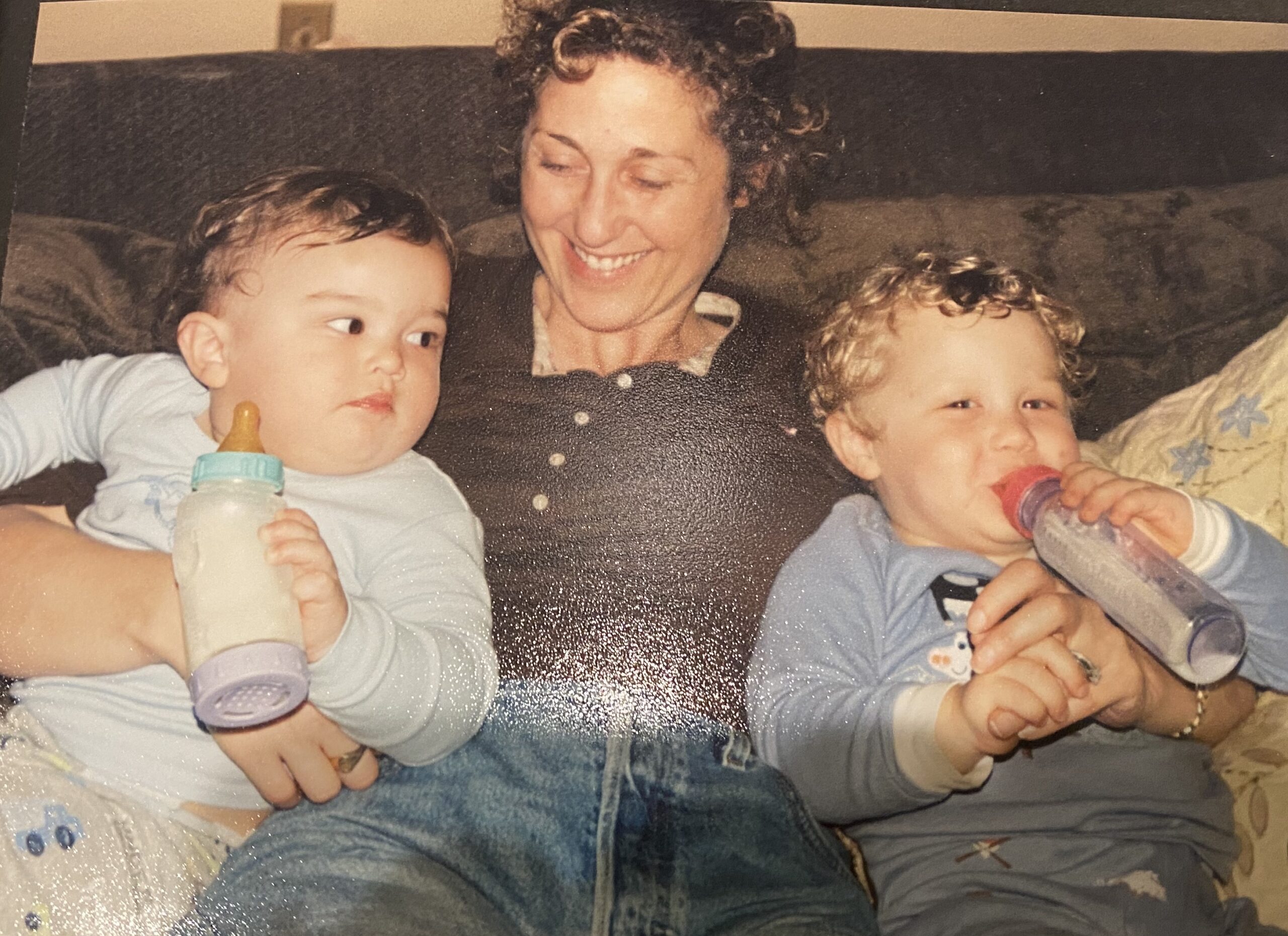The U.S. Supreme Court’s ruling on the ability of universities to consider race in their admissions will have far-flung consequences for university life, work life, and our society moving forward.
I don’t think anyone disputes that a university education is a path to opportunity and upward mobility. Depending on the university and type of degree, that experience telegraphs your ability and talent to prospective employers and prospective friends. In short, it helps shape your network as you move into adulthood.
Also, university life is often the first time young people from very different families, schools, and neighborhood experiences inter-mix and get to know each other – and acknowledge/appreciate their differences while bonding on their commonalities. That was certainly my experience. I was a first-generation UC Berkeley college student from a single mother and extremely poor. I was a Pell Grant and Cal Grant recipient, lived in the cheapest possible housing, and worked two jobs to pay my way. I spent much of my college experience with African American, Hispanic, and Asian students. My college friends taught me the challenges of avoiding gangs, gun violence, and bad cops. I learned about these challenges from friends – which made it easy to have empathy for their hardships. Empathy is easy when there’s an emotional connection. It’s much harder when it’s purely an intellectual exercise. Understanding the obstacles facing marginalized communities and having empathy for people experiencing those challenges is the foundation for inclusion… and for advocating for access, equity, and opportunities for everyone.
In one fell swoop, the Court just bulldozed that foundation. There will be fewer students of color at universities. There will be fewer friendships and bonds between people from different life experiences. There will be less opportunity for inclusion as teenagers grow into young adults and enter the workforce.
Corporations will also suffer. We live in a multi-racial, multi-cultural society. That’s not changing. What will change will be the number of business leaders and employees who reflect and understand our different communities. The drop in representation will trigger a corresponding decrease in equity and workforce inclusion.
Lastly, our society will suffer. A stable, democratic society is predicated on people feeling like they have a shot at opportunity and upward mobility. With less representation and opportunity, people may begin to “give up” on striving to achieve, and when that happens… society won’t be stable for very long.










